In Washington State, hazing—a pervasive cultural phenomenon—takes various forms, from pranks to severe physical and sexual abuse. Despite legal frameworks aiming to protect individuals, underreporting is common due to fear of retaliation or victim stigma. Specialized hazing abuse law firms in Washington play a crucial role in supporting survivors, advocating for stricter legislation, and holding perpetrators accountable. Non-profit organizations offer crisis intervention, counseling, and community education. The state's efforts to strengthen hazing abuse laws, driven by legal experts and advocacy groups, aim to deter harmful practices and protect victims, with growing momentum for policy reforms.
In Washington state, hazing—a pervasive issue within various social groups—often goes unreported due to its cultural normalization. This article delves into the complex landscape of hazing and sexual assault victim advocacy, exploring the impact on survivors. We examine existing legal frameworks and identify gaps in addressing hazing abuse, highlighting the crucial role of advocacy organizations. By understanding the challenges faced by victims, we advocate for stronger hazing abuse laws through the work of local law firms dedicated to supporting survivors and driving change.
Understanding Hazing Culture and Its Impact in Washington State
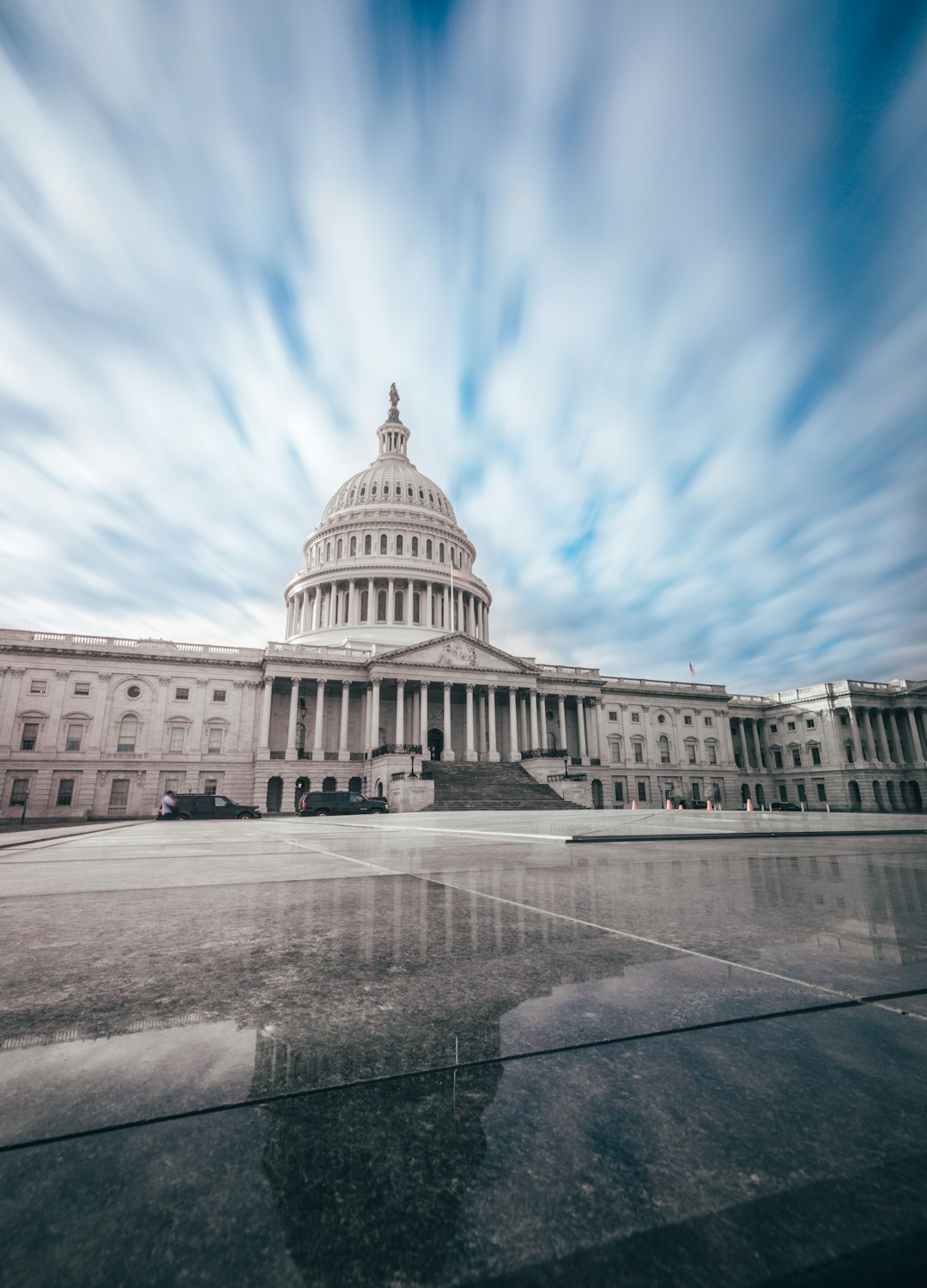
In Washington State, hazing—a pervasive cultural phenomenon often associated with youth and collegiate activities—takes on unique forms, reflecting the state’s diverse communities and social norms. While most hazing incidents are non-criminal, they can range from embarrassing pranks to severe physical abuse. Many cases go unreported due to fear of retaliation or a lack of understanding about what constitutes hazing. This creates an environment where perpetrators often escape accountability, further normalizing the behavior.
The impact of hazing is profound, especially when it involves sexual assault. Victims may suffer from long-term mental health issues, including anxiety and depression, and can face barriers to reporting due to trust in their communities or fear of not being believed. Washington’s legal framework addressing hazing and sexual assault victim advocacy is crucial, with law firms specializing in these areas playing a vital role in holding perpetrators accountable and providing support for survivors.
Legal Frameworks: Existing Laws and Gaps in Addressing Hazing Abuse
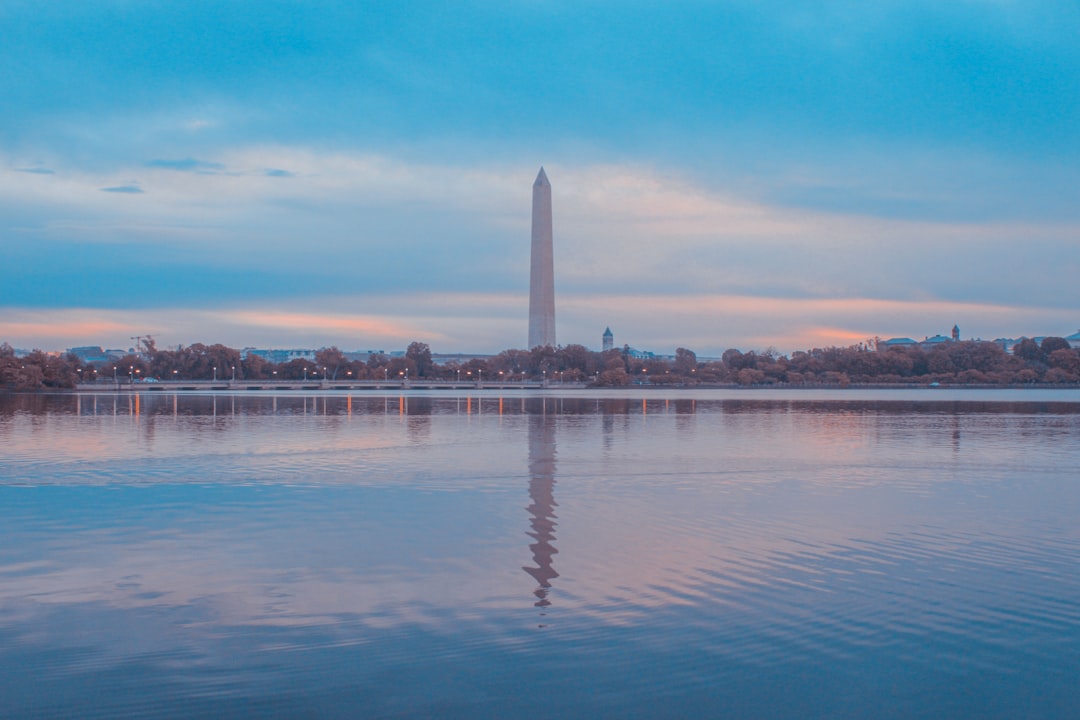
In Washington, hazing abuse is addressed through a mix of state and federal laws, primarily targeted at ensuring safety in educational institutions and organized groups. The Washington State Law defines hazing as any dangerous or illegal act committed as part of initiation or membership in a group, with intent to cause harm. This includes physical and psychological abuse, often accompanied by a power imbalance, making it crucial for victims to seek legal aid from experienced hazing abuse law firms in Washington.
Despite these laws, significant gaps exist in addressing hazing abuse, particularly when it involves sexual assault components. While there are stringent penalties for perpetrators, the complexity of these cases and the potential for victim stigma can lead to underreporting. Legal advocacy plays a pivotal role in supporting victims, pushing for stronger legislation, and ensuring accountability through hazing abuse law firms in Washington that specialize in handling such sensitive matters.
The Role of Victim Advocacy Organizations in Washington
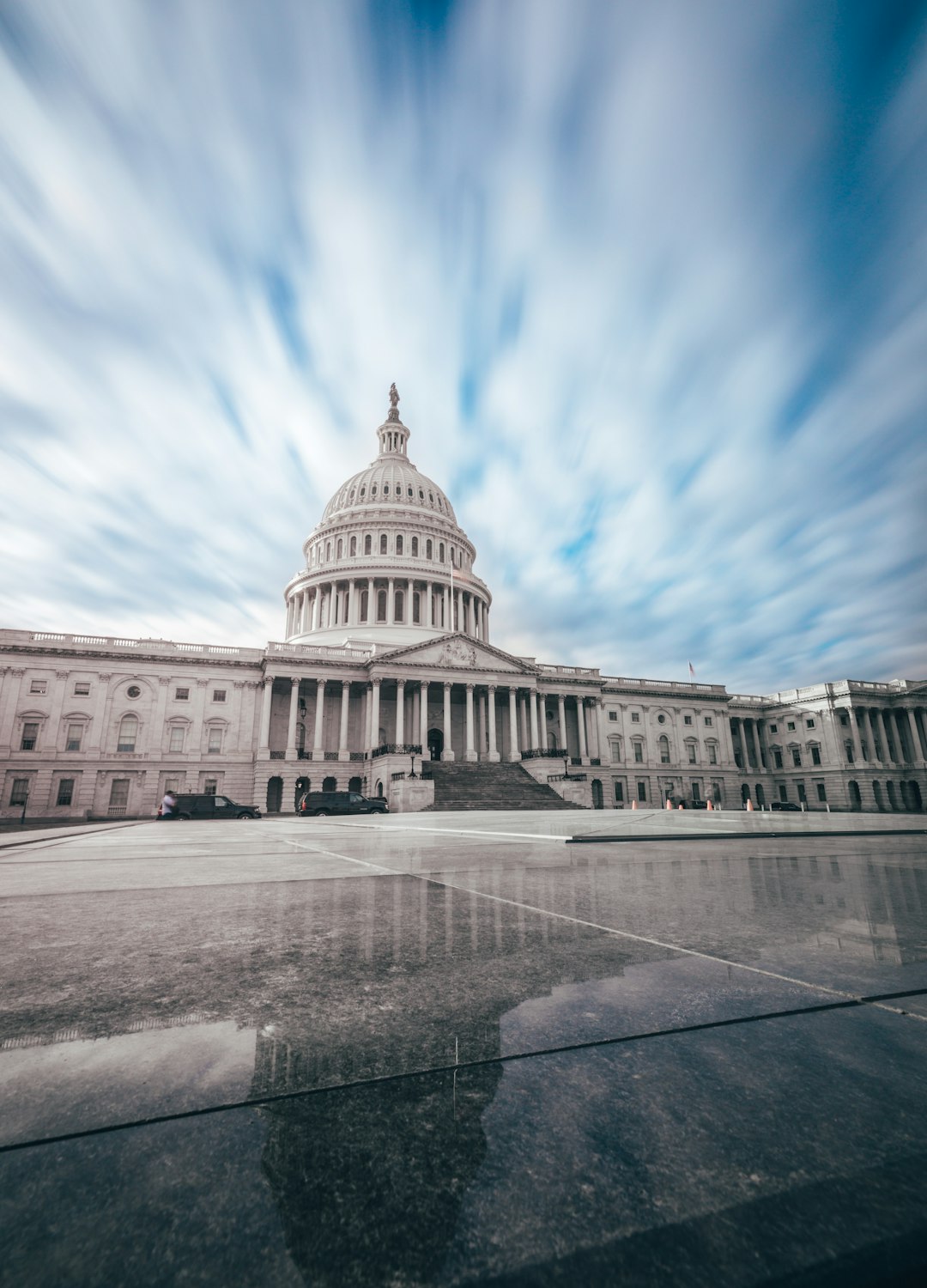
In the state of Washington, victim advocacy organizations play a pivotal role in supporting survivors of hazing and sexual assault. These non-profit groups provide essential services such as crisis intervention, legal aid through hazing abuse law firms Washington, counseling, and community education to ensure that victims receive the help they need. Many of these organizations operate 24/7, offering immediate assistance during emergencies and long-term support for those navigating the aftermath of traumatic experiences.
The advocacy landscape in Washington is diverse, with numerous groups dedicated to addressing various forms of victimization. Some focus specifically on youth who have endured hazing rituals, while others advocate for survivors of sexual assault across all age groups. These organizations often collaborate with local law enforcement, healthcare providers, and educational institutions to create a supportive network and drive legislative changes related to hazing abuse prevention and prosecution.
Supporting Survivors: Resources and Services for Hazing Victims
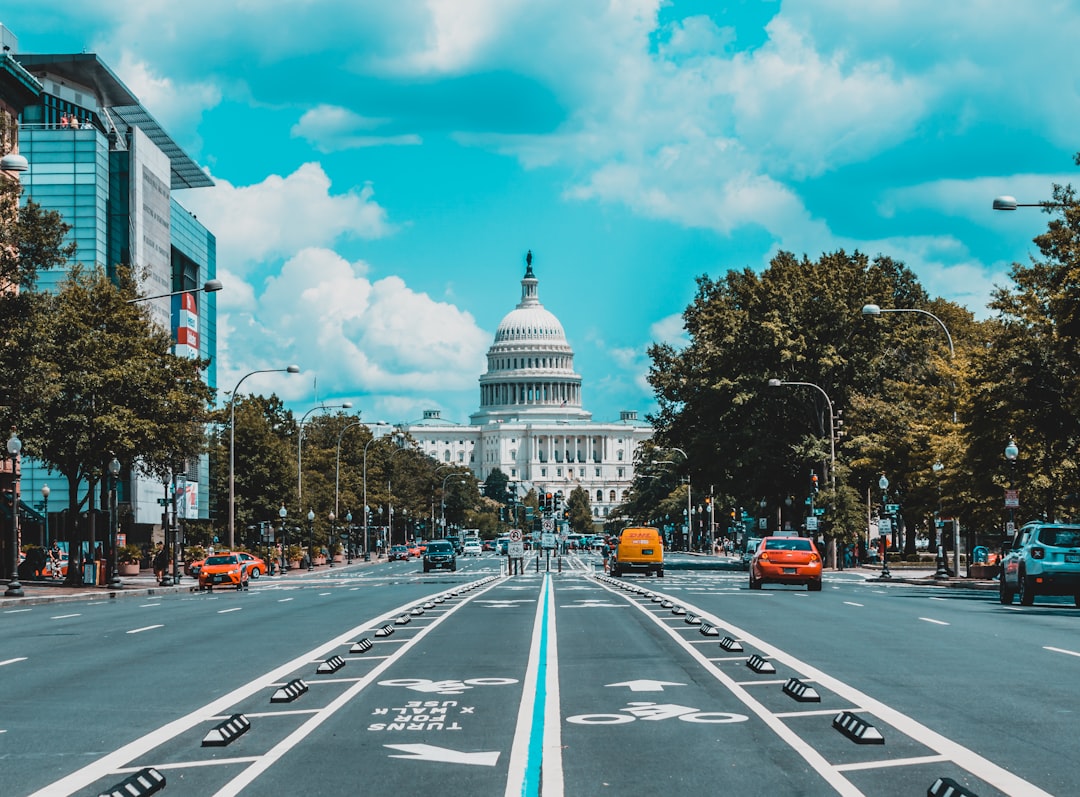
In the face of hazing abuse, victims in Washington state have a network of resources and services at their disposal. Many organizations, including non-profits and law firms specializing in hazing abuse cases, offer crucial support and advocacy. These groups provide safe spaces for survivors to share their stories, connect them with legal counsel, and help them navigate the complex process of seeking justice. Professional counseling and medical assistance are also readily available to address the physical and emotional scars left by hazing incidents.
Law firms focused on hazing abuse in Washington prioritize confidential consultations and proactive representation. They empower victims to understand their rights and options, whether pressing criminal charges or pursuing civil litigation against perpetrators and organizations responsible for the hazing. These legal services play a vital role in holding accountable those who perpetuate hazing culture, ensuring that survivors receive the justice and support they deserve.
Advocating for Change: Push for Stronger Hazing Abuse Laws
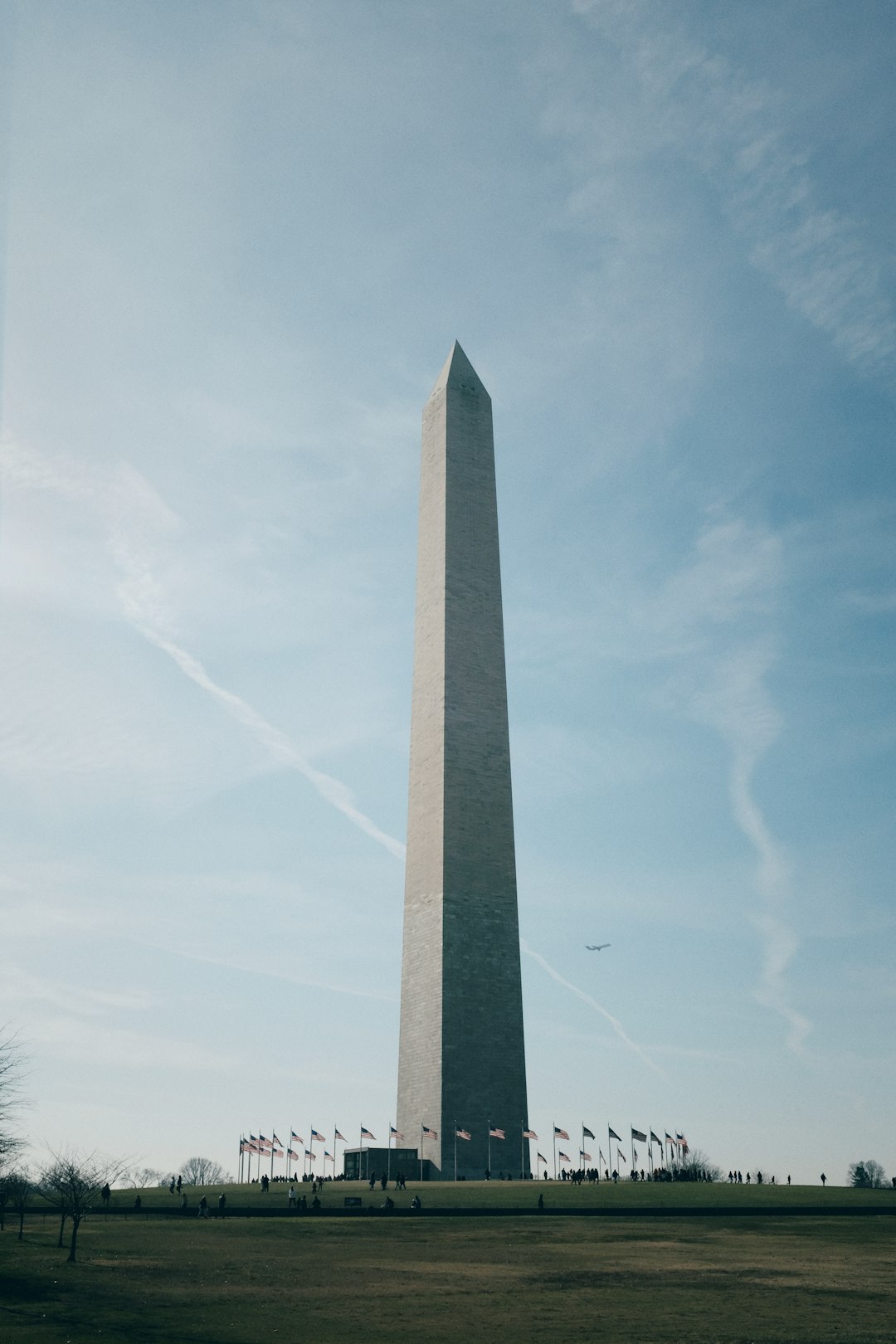
In Washington, advocating for change regarding hazing and sexual assault has taken center stage, with a significant focus on pushing for stronger hazing abuse laws. Many legal experts and advocacy groups believe that existing legislation is inadequate in addressing the severity of hazing-related incidents. This has led to increased efforts from law firms specializing in hazing abuse laws in Washington to lobby for stricter regulations. These advocates argue that enhancing legal frameworks can deter harmful practices and provide better protection for victims.
By strengthening hazing abuse laws, Washington state aims to send a clear message that such behavior will not be tolerated. This includes proposing stiffer penalties for offenders, expanding definitions of hazing, and creating more avenues for victims to seek justice and accountability. With the support of these law firms, there is a growing momentum to reform policies, ensuring that institutions take comprehensive action against hazing incidents and prioritize the well-being of their students or members.





